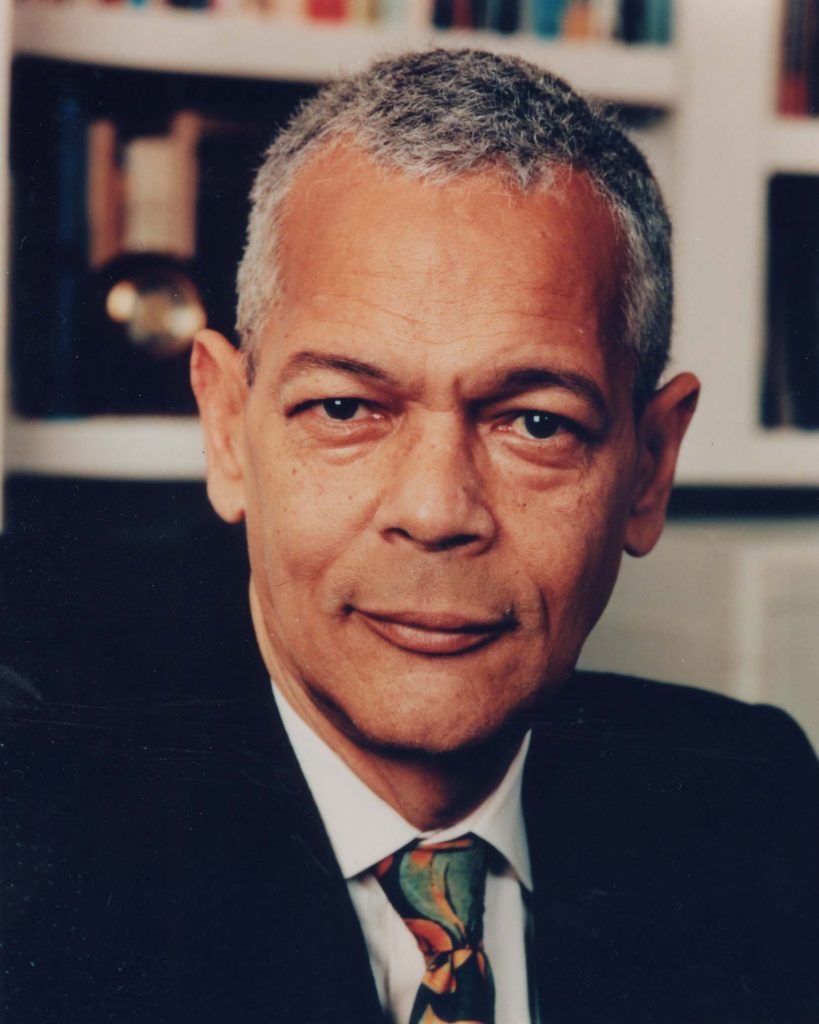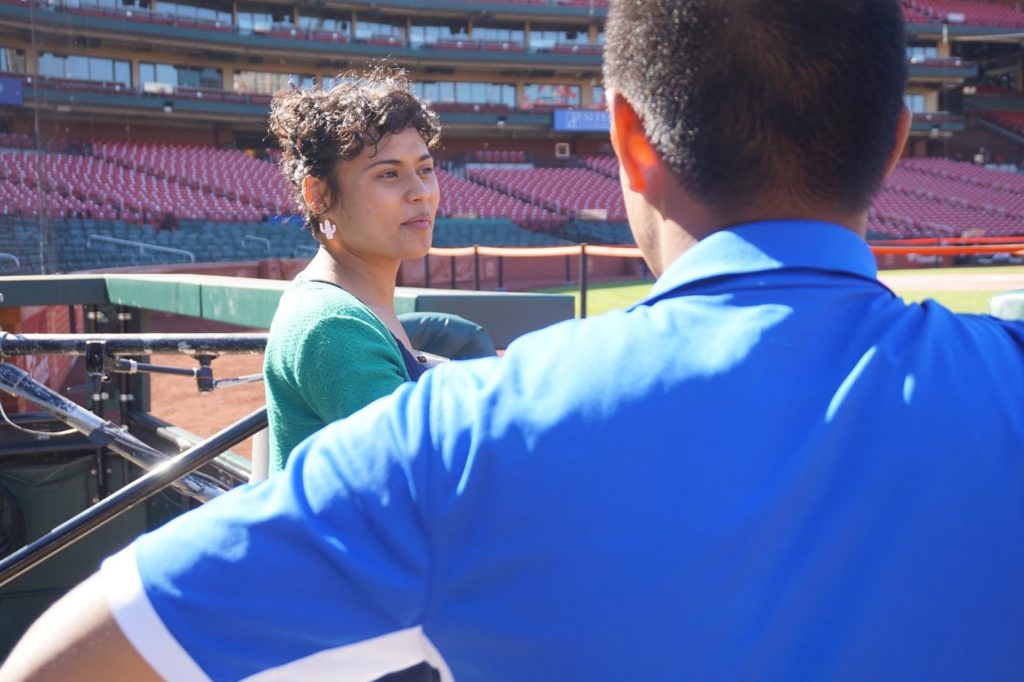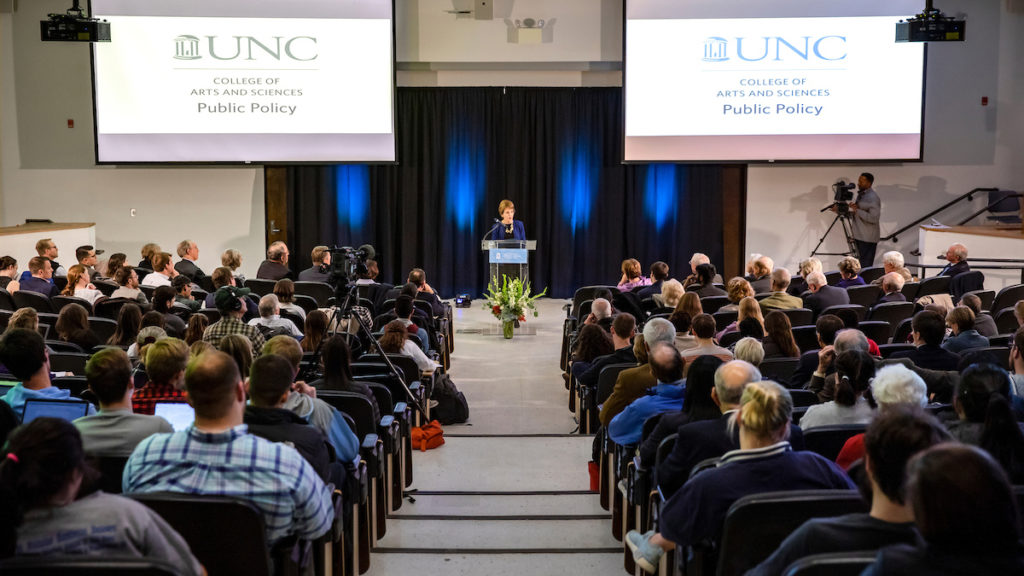A project led by researchers at Carolina will receive $2 million in funding from the National Science Foundation to pioneer new ways to help college students who are struggling in mathematics and science courses.
 The project, which involves researchers from Carolina’s School of Education and College of Arts & Sciences and two higher education institutions in Nevada, will use existing campus academic data systems to identify struggling students then provide them with supports that have been shown to help students succeed in rigorous courses.
The project, which involves researchers from Carolina’s School of Education and College of Arts & Sciences and two higher education institutions in Nevada, will use existing campus academic data systems to identify struggling students then provide them with supports that have been shown to help students succeed in rigorous courses.
Leaders of the project, faculty members Jeff Greene and Matt Bernacki, will work with a team that includes researchers Abigail Panter, senior associate dean for undergraduate education, and Kathleen Gates, professor of psychology and neuroscience, and researchers from the University of Nevada-Las Vegas.
The grant will build on work already being done to identify students struggling in STEM—science, technology, engineering and mathematics—courses, then test interventions designed to help them succeed.
These interventions include academic coaching methods developed at Carolina as part of Panter’s Finish Line Project, funded with a $3 million federal Department of Education grant, to help first-generation students succeed in college. The new project will also incorporate digital skill training approaches developed by Bernacki at UNLV, where Bernacki worked before joining Carolina this year.
“We anticipate that mining students’ learning behavior will help us design and test models that identify students we can support, and that these powerful interventions can increase achievement, especially for underrepresented students,” said Bernacki, an assistant professor of learning sciences and psychological studies.
“By replicating a learning analytics solution across school types and testing different intervention methods across schools, we’re hopeful a model will emerge that can be adopted across a wide range of higher education institutions,” Bernacki said. “The learning analytics approach can help schools target their existing student resources and make them more efficient.”
Other researchers taking part in the project include Kelly Hogan, associate dean of instructional innovation, and co-principal investigators Erin Windsor at the College of Southern Nevada and Christy Strong at UNLV.
“Too many students struggle with STEM courses, delaying their progress to graduation or in some cases forcing
them into other academic pathways,” Greene said. “We expect this work will expand understandings of how higher education institutions can better prepare students for challenging STEM courses and support them when they encounter
challenges.”
By Michael Hobbs, School of Education for University Gazette




